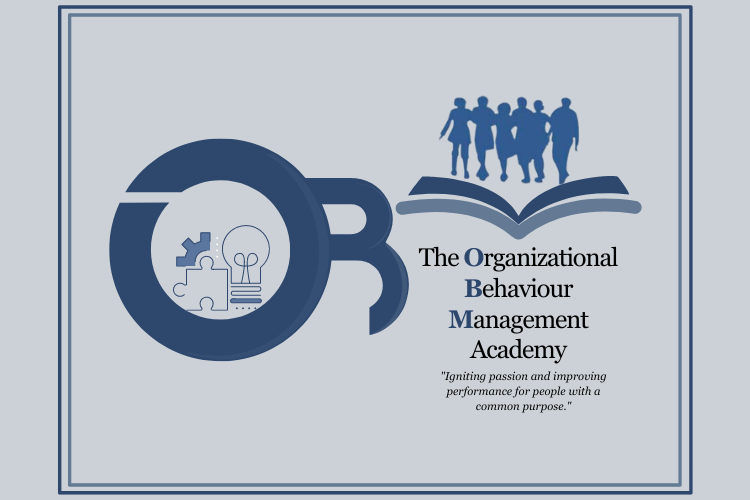Skinner's (1953) description of extinction in operant conditioning highlights a potent behavioural concept. It involves systematically weakening and eliminating a behaviour by removing the reinforcements that uphold it. This principle offers an effective approach to tackling government corruption, leading to improved governance and public trust. This article delves into the concept of extinction in operant conditioning and presents practical strategies for its application in combating corruption within governmental systems.
Understanding Extinction in Operant Conditioning
Operant conditioning, developed by B.F. Skinner in 1953, is about changing behavior through rewards and punishment. Extinction happens when a behaviour that used to be rewarded is no longer followed by the reward, which makes the behaviour happen less often. For example, if a rat used to get food when it pressed a lever, it would keep pressing it. But if the food stops coming when it presses the lever, the rat will eventually stop doing it. This stopping of the behaviour, because it's no longer rewarded, is called extinction.
The efficacy of extinction in reducing unwanted behaviours across various settings has been extensively demonstrated. Removing reinforcements can lead to a significant decline in undesirable or harmful behaviours. For instance, in educational settings, eliminating attention (a form of reinforcement) from disruptive behaviours exhibited by students has consistently been shown to reduce such behaviours.
Applying Extinction to Combat Government Corruption
The issue of government corruption is intricate, often perpetuated by a range of reinforcing factors, including financial incentives, power dynamics, and a lack of accountability. By applying extinction principles, we can effectively target and remove these reinforcements to diminish corrupt activities.
Implementing transparent financial systems that allow public access to government transactions and expenditures will significantly reduce opportunities for economic corruption. When corrupt officials are aware that their actions are consistently under scrutiny and any illegal gains are likely to be uncovered, the motivation to engage in corruption diminishes substantially.
Also, encouraging whistleblowers by providing protection and incentives can help uncover corrupt practices, reducing the financial incentives for engaging in corruption.
In addition, more equitably distributing power across various levels of government can help reduce the concentration of power that often leads to corrupt practices. By restraining the influence of individual officials, we can diminish the reinforcement derived from exercising undue power. Implementing term limits and rotating officials in critical positions can help prevent the entrenchment of control and reduce the opportunities for corrupt practices to take root.
Regular audits and inspections of government activities play a crucial role in deterring corrupt behaviour. When officials are aware that their actions are subject to continuous monitoring and there is a high likelihood of detection, the incentives for engaging in corrupt practices are significantly reduced.
Finally, a proactive approach entails strengthening legal frameworks to ensure swift and certain punishment for corrupt acts, serving as an effective deterrent. When the consequences of getting caught outweigh the benefits of corrupt actions, the behaviour is less likely to continue. Applying the principles of extinction, a concept in operant conditioning, provides a strategic approach to addressing government corruption. By systematically removing the reinforcements that support corrupt behaviours, governments can decrease corruption and improve governance.
